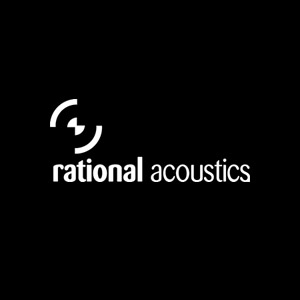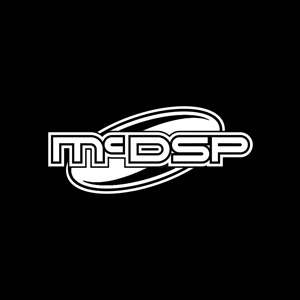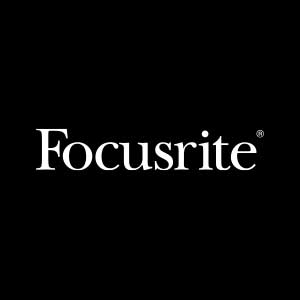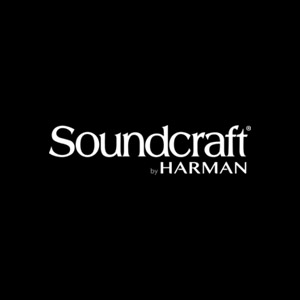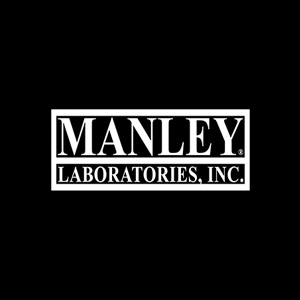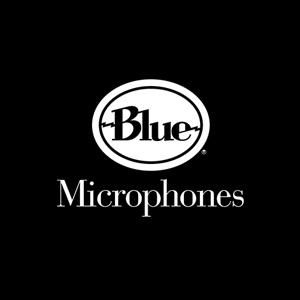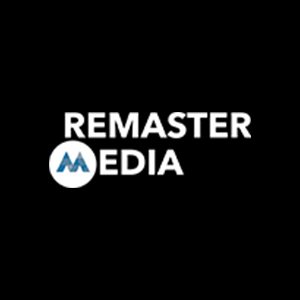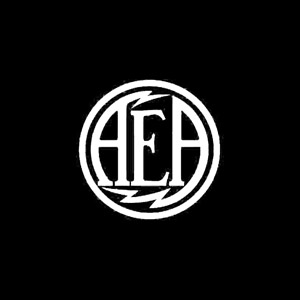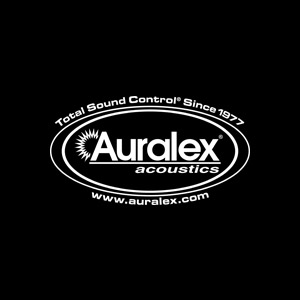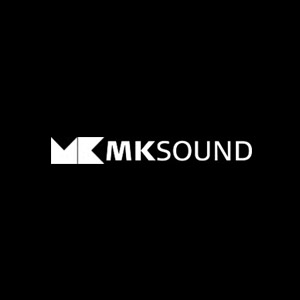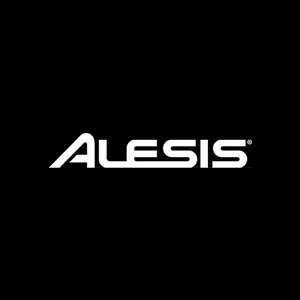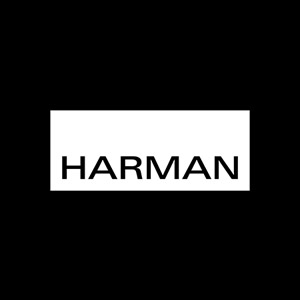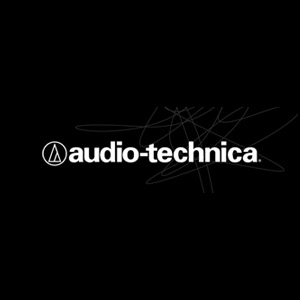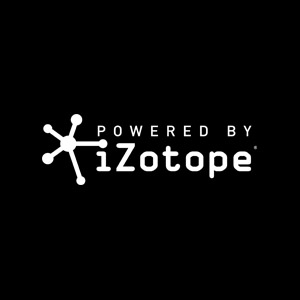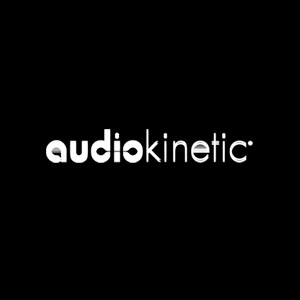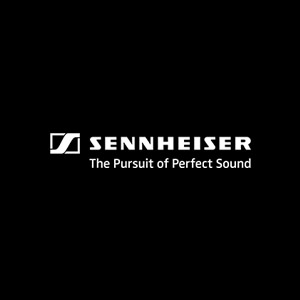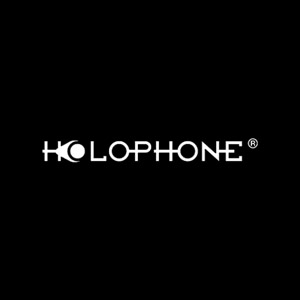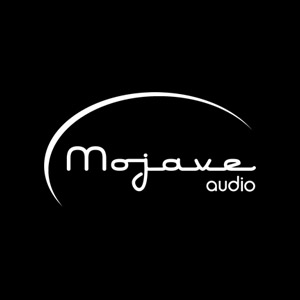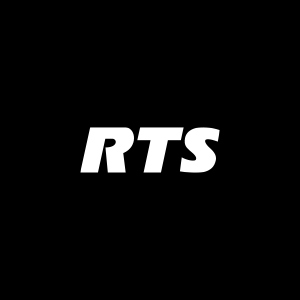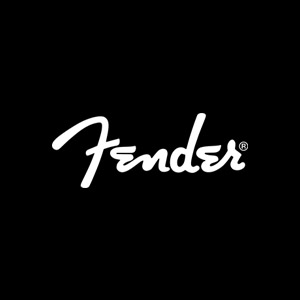The walls of the main office of the Conservatory of Recording Arts & Sciences in Tempe, Ariz., are nearly covered with gold records featuring the work of the school’s graduates. They’re discs awarded to engineers, mixing assistants and assistant engineers on albums by acts such as Pink, the Goo Goo Dolls, Brooks & Dunn, Outkast and many others. It’s a serious school, and it draws serious students of the audio arts and sciences from across the nation to its busy campuses in Tempe and Gilbert, Ariz.
And in their educations, as in the real world of audio, they students are constantly using Fender gear. Every hour of every day, in fact—the campus is open around the clock, seven days a week. You can bet that someone is always mic-ing up a Fender amp, plugging in a Fender guitar or equalizing a signal from a Fender bass.
“Fender provides electric guitars, basses, acoustics and amplifiers to us for our recording purposes,” said Michael Jones, the Conservatory’s director. “I doubt that a day goes by that Fender isn’t in use here.”
Students train at the fully accredited and internationally acclaimed school for work in the music, film, television and radio industries. It’s a 30-week course, followed by a 280-hour internship. It’s simple; the Conservatory trains you, then finds you an internship and, ultimately, a job. About 900 will graduate this year. Last year, three Conservatory graduates won Grammy Awards.
“What we provide is a real-world education—we use all the state-of-the-art technology that the recording industry uses,” Jones said. “That’s what we train our students on. In order for us to maintain that level of education, we need to have Fender involved here, because Fender is as important to the recording process as any other equipment used in the signal path.”
The school was founded in New York in 1980. It was moved to Phoenix in 1986, and to the 14,500-square-foot Tempe campus in 1995. The 25,000-square-foot Gilbert campus opened in November 2003 in response to a two-year waiting list for enrollment. The relationship with Fender dates back to 1999, when Fender delivered a shipment of amps to the school.
“Partnering with the Conservatory is essential for Fender,” said Richard McDonald, senior vice president of marketing at Fender Musical Instruments Corporation in Scottsdale, Ariz. “It gives us immediate feedback about our products in real-world studio applications. We’re able to beta-test products in the environments that they’re really going to be used in; for that reason alone, we find the relationship is extremely valuable.”
“From the inception of this company, we’ve put our products in people’s hands and said ‘How is this working?’” McDonald added. “Our company was founded on feedback from the people who are using the instruments. That doctrine is still in use today, and our relationship with the Conservatory is a perfect example of that.”
Today, you’ll find a variety of Fender products in various Conservatory studios, classrooms and labs—Telecaster guitars, Precision and Jazz basses, Cyber Series amps and, as of July 2005, some spanking-new Metalhead Series amps.
“The students get really excited when the Fender gear arrives,” Jones said. “There was a crowd of people around as we were un-boxing the Metalhead cabinets. And from the day we unboxed the instruments and amplifiers, they go right into the studios, and everything is used the very first day it gets here. Really, it’s non-stop—we get the gear and wear it out over two or three years, and then we start all over again.”
“And the quality just keeps getting better,” Jones added. “Every time we see a new instrument from Fender, it’s better than the last one.”
